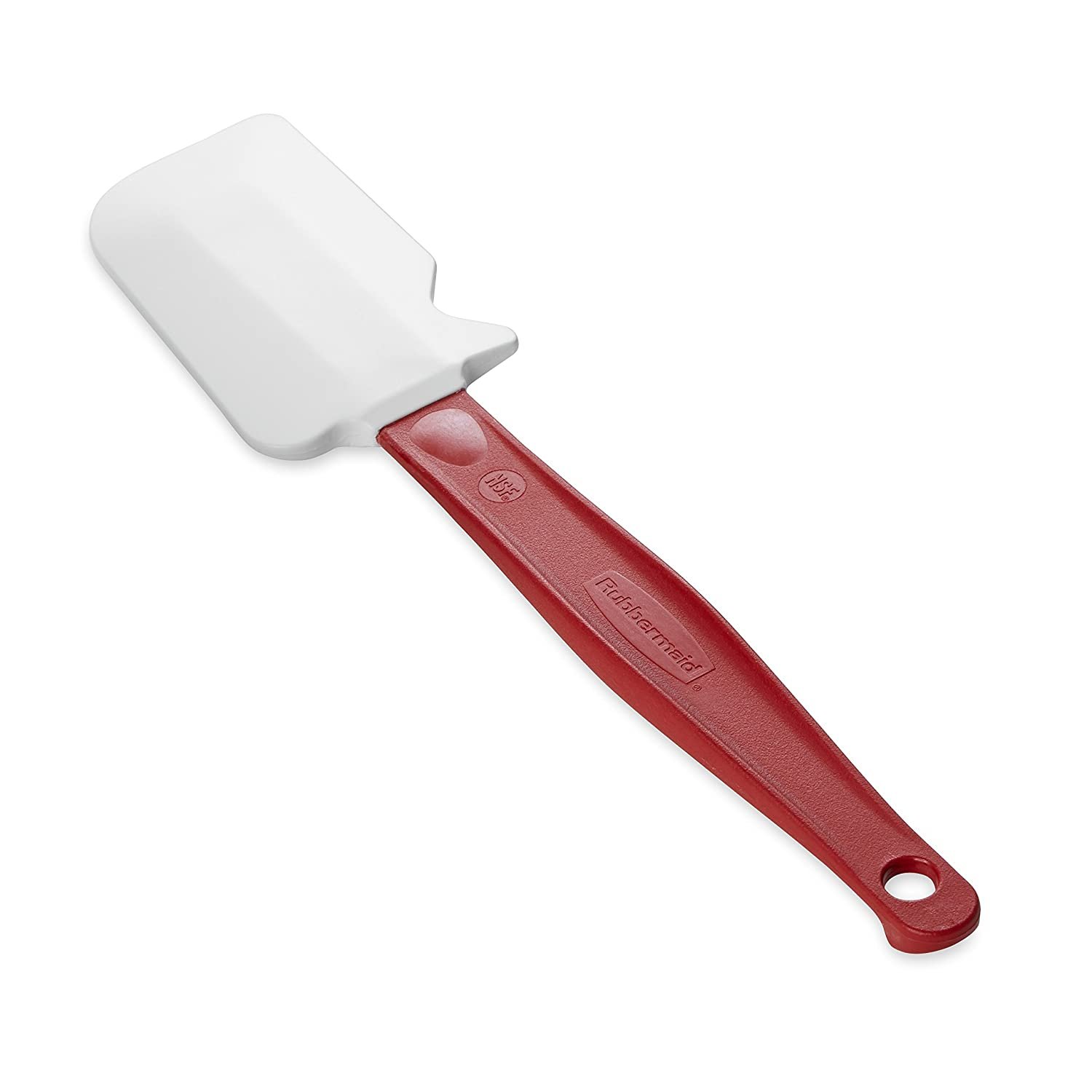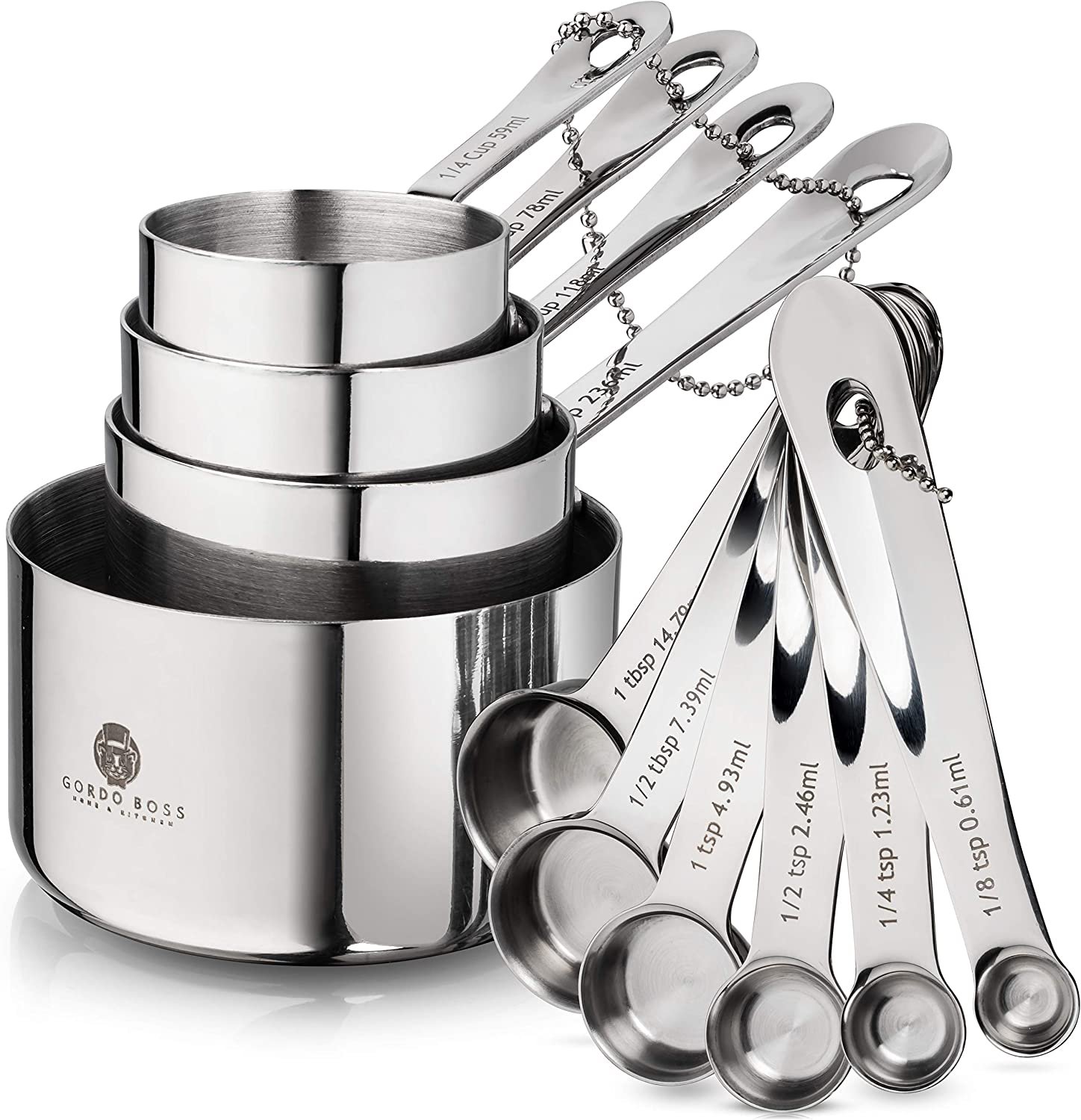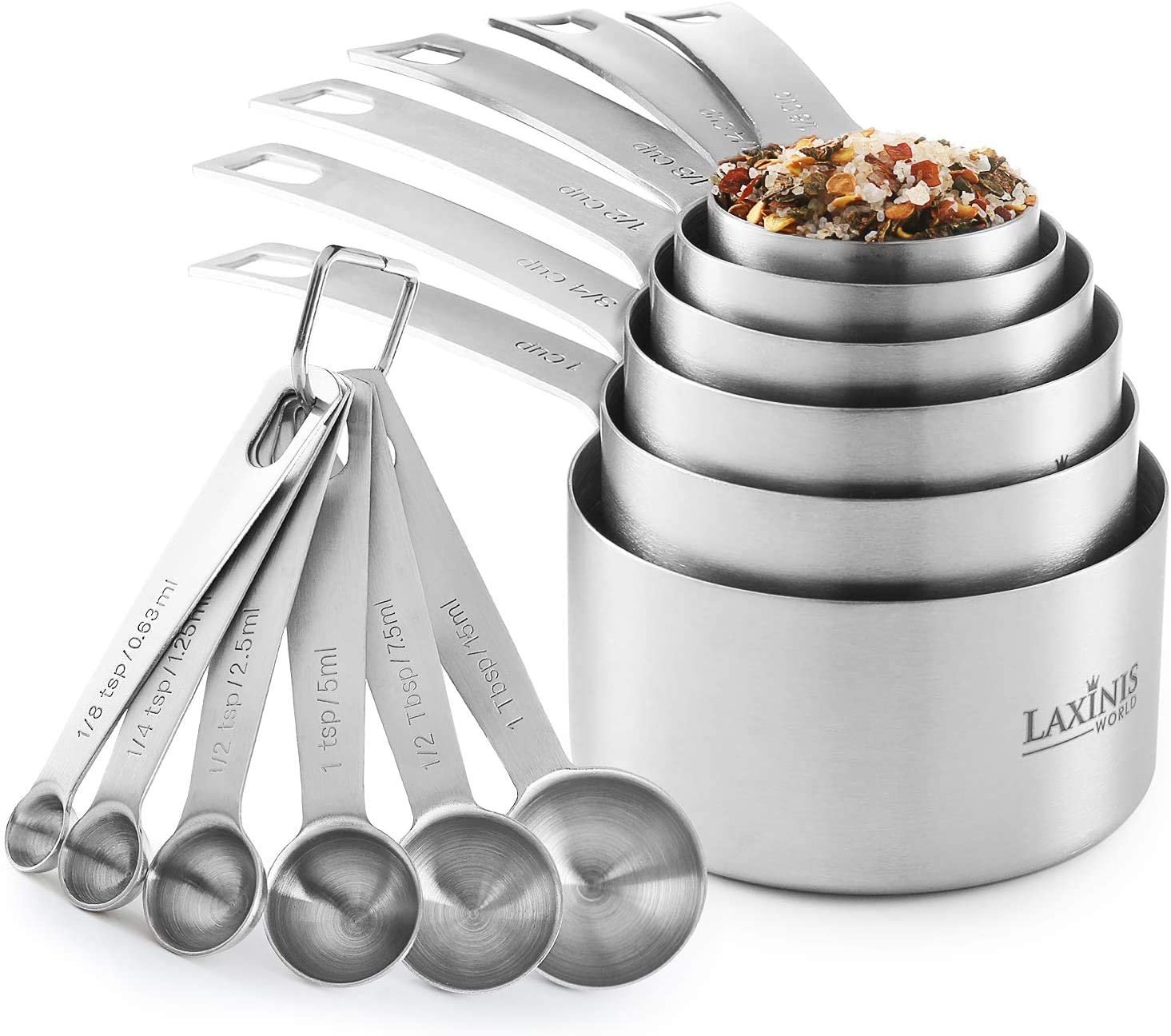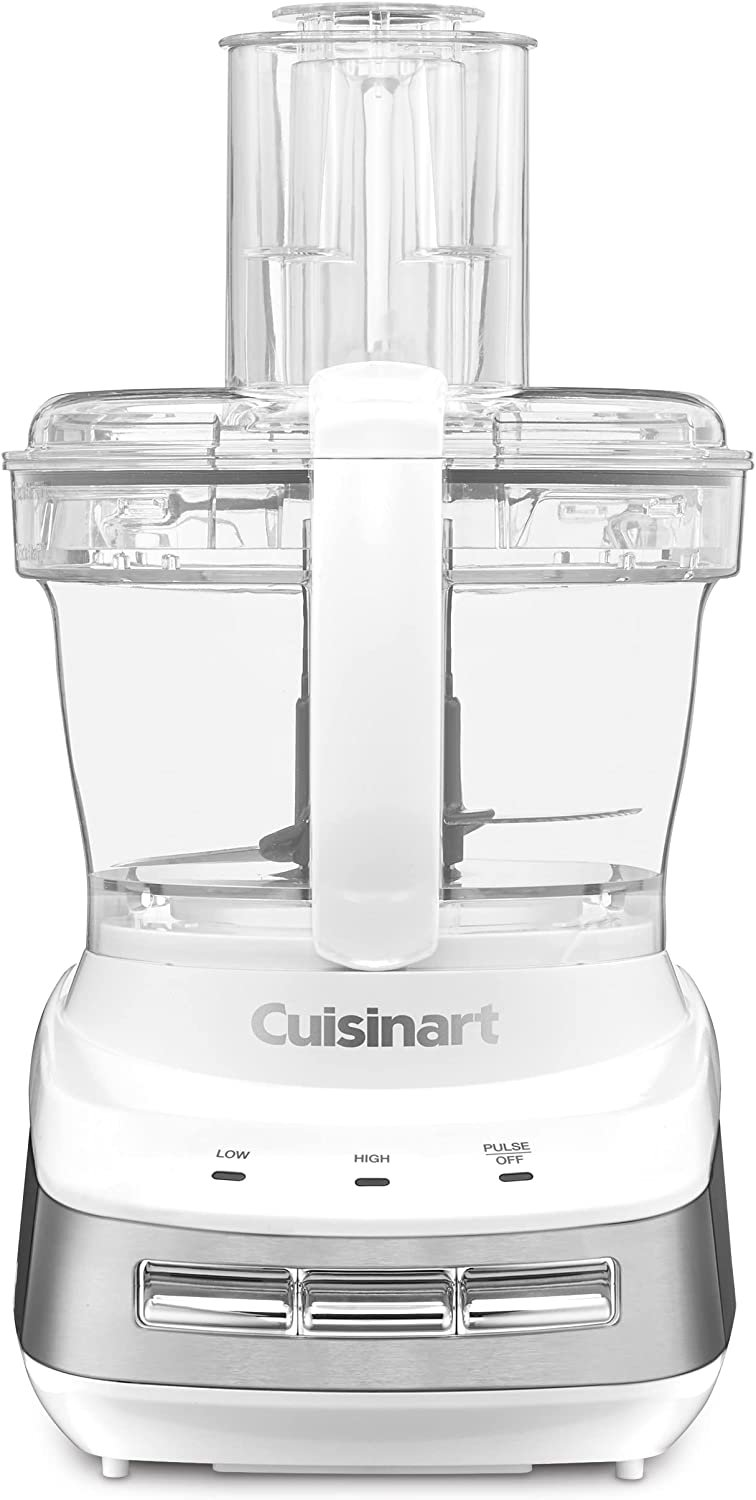Carrot Top Pesto
Disclosure: Some of the links below may be affiliate links, and, at no additional cost to you, I may earn a small commission if you click through and make a purchase. Please be assured that I only recommend products that I believe in & have personally tried or used. Your support is greatly appreciated!
Oh, the humble carrot. Probably one of the most often used but underrated vegetables out there.
Personally, I prefer buying bunches of carrots with the gorgeous greens attached because they are the freshest in the market or store. Keep in mind, the perkier and fluffier the greens, the fresher the carrots. If they have the greens on them, you know they have to had come from a closer farm and be fresh otherwise the leaves would start to brown long before the carrots have gone bad. Bagged carrots, on the other hand, may sit in storage for up to 6 months before they even get to the grocery store.
Carrot tops are totally edible themselves and have an earthy flavor that tastes faintly of carrot and parsley while also having some bitter and tart notes. They can greatly add depth of flavor and complexity to a dish.
If you’ve been reading this blog or following me on the socials for any bit of time, you know I do my best to cut down on food waste and I’m no stranger to making the most out of my produce.
Using the greens of vegetables like beets, turnips, and carrots is a great way to reduce food waste!
What can you do with your the greens of vegetables?
Use in place of other fresh herbs such as parsley, chervil, or basil
Add them to soups or salads in place of other greens
Blanch and sauté them in a stir-fry or with a little garlic, lemon, red pepper, and parmesan
Mix into veggie burgers
Simmer in stock
Make a zesty chimichurri
or MAKE THIS BRIGHT PESTO BELOW!
So today we are making a NO WASTE Carrot Top Pesto!
Not only are carrot tops delicious, but the bitter greens (and other pesto ingredients) also have great health benefits.
INGREDIENTS
Carrot Greens: You can't make pesto without greens! High in dietary fiber, they are particularly helpful for digestion and excretion of harmful bacteria in the gut. They contain anti-fungal properties and also rich in nutrients, containing around six times more vitamin C than the root, as well as lots of vitamins A and K, iron, potassium, calcium and phytonutrients.
Basil: Rich in vitamins, minerals, and antioxidants, basil is a powerhouse benefiting digestion, skin health, mental health, heart health, and helping fight inflammation.
Nuts or seeds: Pesto is typically made with pine nuts, but you can make it with other varieties of nuts and seeds. Try pumpkin seeds, cashews, or, like me here, walnuts! Walnuts are a great source of omega 3 fatty acids, fiber, and are rich in nutrients to help support healthy bones, as well as brain, gut, and heart health.
Parmesan cheese: Traditionally pesto is made with parmesan or pecorino cheeses, but you can also make it with nutritional yeast or vegan cheese. Parmesan is a low-lactose, calcium-rich cheese that may help promote bone health.
Olive oil: Boosts the flavor of pesto and contributes to its texture, preventing it from becoming too thick. Olive Oil is rich in healthy fats, antioxidants, and anti-inflammatory properties, which are essential for a healthy lifestyle.
Garlic: is highly nutritious, rich in antioxidants, and beneficial as an anti-fungal, antibiotic, and anti-inflammatory to help keep your immune system strong.
Optional Ingredients: Add a little lemon juice to balance out the pesto with acid and brighten the flavor.
Just make sure to clean the carrot greens well, as carrots do grow in the ground and are often covered in dirt. First cut carrot greens from the carrot root, then cut the stiff stems right under where the greens start to grow. Then to wash, fill a large mixing bowl with cold water and submerge carrot leaves on their stems for a few minutes, stirring or moving the leaves around with your hands to make sure as much dirt is removed as possible. Drain and then try as you would other greens, with a towel or spinner.
Not sure how to use this carrot top pesto? Like any other pesto, it is great served as a dip with crackers or crudité, spread on crostini or toast, tucked into a sandwich, drizzled over roasted carrots, eggs, mixed with potatoes, smothered over chicken or steak, or tossed with pasta for a healthy dish.
If you try this recipe, or any other recipe on my website, please let me know in the comments below. You can also follow me on Instagram, Facebook, and Twitter. I LOVE to see your photos!
RECIPE NOTES:
The soft leaves of carrots are edible but the harder stems are too tough to eat. If the stems are tender, you can throw them in, but remove any tough or woody stems and throw them into a pot with vegetables to make stock.
Store in an air-tight container in the fridge for up to 1 week or in the freezer for up to 6 months
To prevent pesto from browning when stores, drizzle a thin layer of olive oil on the surface of of the sauce before putting it in the refrigerator or freezer. You can also add pesto to ice cube trays, freeze, and transfer to a freezer-safe storage bag. Having small quantities on hand are perfect for when you need a small amount for a quick flavor enhancer!
This is a great foundational recipe for pesto, but it can easily be tailored to your dietary, allergen, or taste preference:
Make it vegan: substitute cheese for nutritional yeast to make this pesto plant-based
Use walnuts, almonds, sunflower seeds, or sesame seeds
Add some spice: cardamom, chili flakes, cumin, turmeric, ginger, or oregano to change the pesto flavor profile
To make Carrot Top Pesto Pasta:
Boil and drain pasta according to directions on box, reserving a little pasta water
Spoon a hearty portion of the pesto into a large saute pan. Add a small amount of the reserved pasta water, letting it cook down for about 1-2 minutes (the starch will help thicken the sauce).
Add the cooked pasta to the pesto and toss. Season with salt and pepper, as desired.
Top with some fresh basil leaves or carrot greens and a grating of Parmesan cheese.









